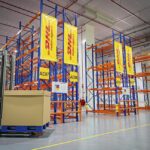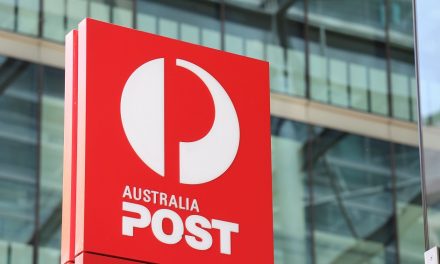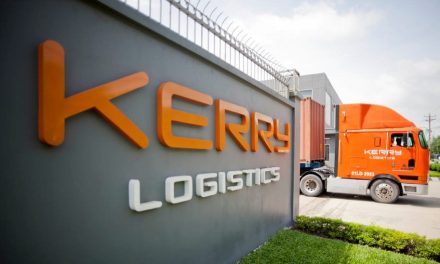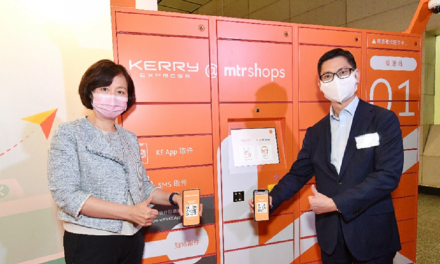
China/Hong Kong players on a steep learning curve
China is on a very steep learning curve when it comes to logistics. With foreign investors flocking to the country as overseas ownership laws and tariffs are relaxed in line with WTO membership, the country’s manufacturing base is moving from low-tech to hi-tech, says Vincent Wong, chief executive of Kerry Logistics Networks.
Dell’s computer manufacturing operations in China, for instance, are “95% selfsufficient”.
Kerry Logistics, a subsidiary of the multifaceted Hong Kong-based Kuok group, is best known in the UK through its acquisition of Trident International. It is currently introducing a fairly new concept to China, the vendor-managed inventory hub. At the same time, increasingly sophisticated operations are being carried out within China, presorting, packing and labelling goods to the standards of big US or European retailers so that they are ready to go straight onto the shelf when they arrive.
The logistics industry in China is at something of a crossroads, adds Wong.
“Many companies want to spin off their logistics activities (turning them into thirdparty operations) but this is leading to an overheating of competition in the market.” One other trend, he notes, is a move away from the congested major cities of the eastern seaboard – not to the remote interior, but to locations just a few kilometres from the cities. Companies find it difficult to locate much further away from the cities than this because of the difficulty in finding skilled labour.
Some of the facilities being developed by Kerry match any in Europe or North America.
The new Yantian distribution centre is 40,000sq metres. While these often boast state-of-the-art IT systems, handling is still largely manual, reflecting the relatively low cost of labour in China.
Another logistics specialist adds that regional and central governments still have a tendency to interfere in the market, trying to dictate where facilities should be established, irrespective of market needs. Regional rivalry is also leading to some duplication of facilities, he believes.
Another factor inhibiting the development of inland facilities in particular is the tendency of regional customs services to maximise revenue (Chinese Customs people are possibly unique in that they have revenue targets). This can lead local Customs offices to insist that clearance operations remain in their area, even when it could more logically be done inland.













